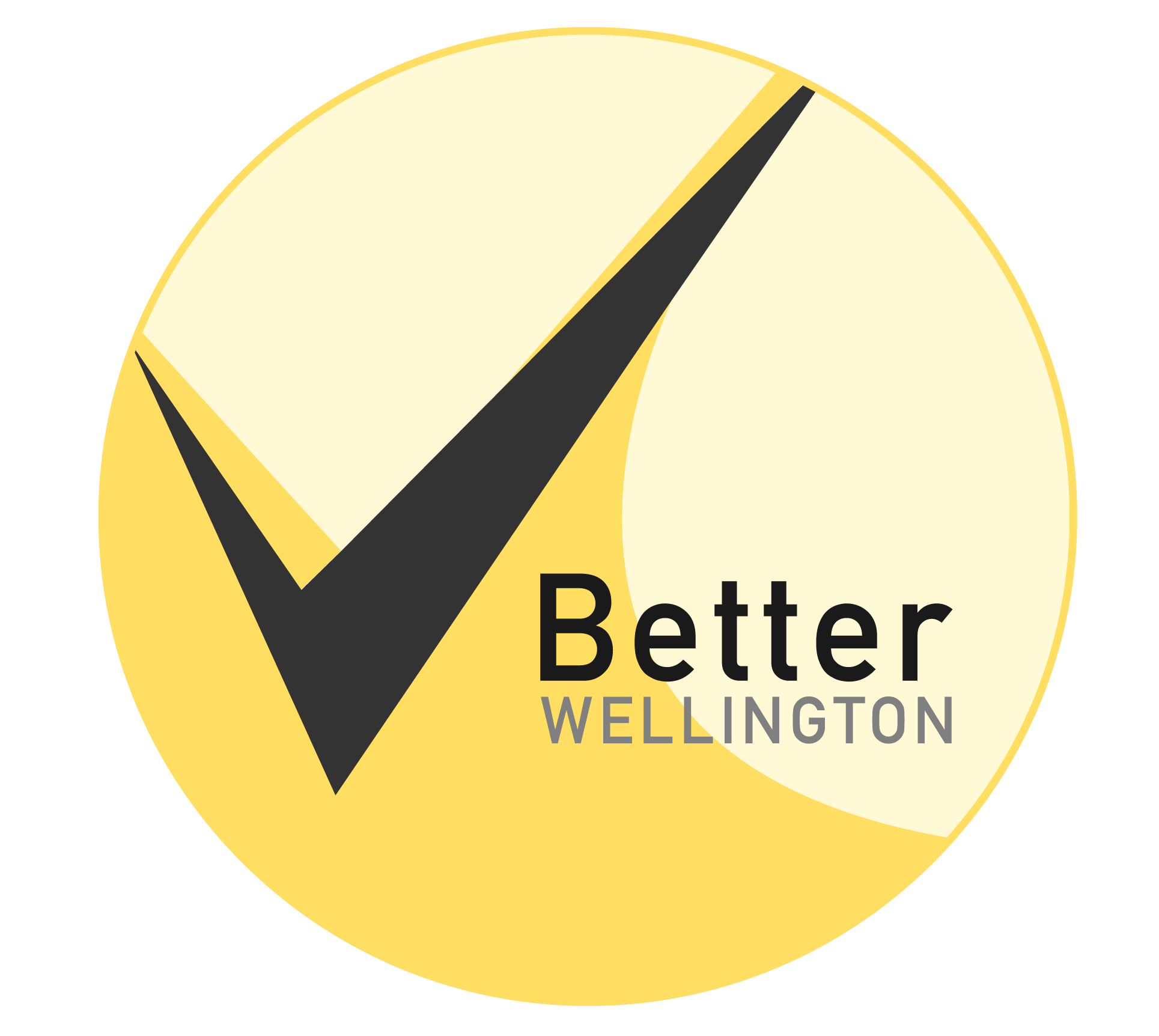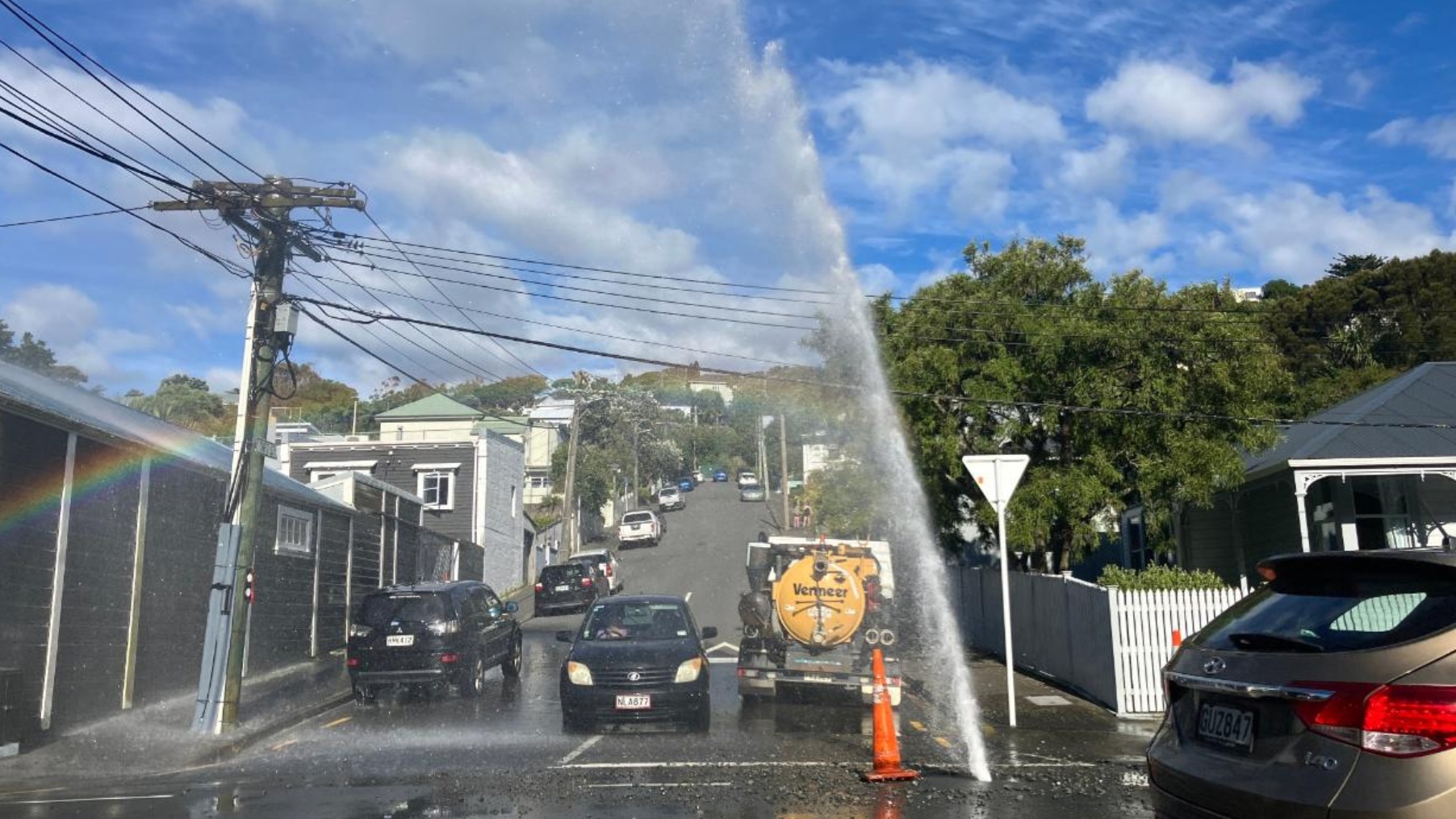Wellington’s daily newspaper The Post reports on our poll, conducted by Curia Market Research in the last month of January. The poll quizzed 1,000 Wellington voters and has a margin of error of +/- 3.1%
Critical Wellington poll shows backing for council ‘fixing the basics’
By Tom Hunt
A damning poll into the state of Wellington City has shown clear support for rates rises capped at inflation, with any major non-core spend above that being forced to a referendum.
But Wellington mayor Tory Whanau dismissed the poll ‒ commissioned by the group Better Wellington, which has been highly critical of the council and Whanau, and conducted by Curia Market Research ‒ as being funded by a “conspiracy-aligned group with a clear right-wing agenda”.
Curia, run by political blogger David Farrar, resigned from the the Research Association New Zealand (RANZ) following complaints about its polling practices. Farrar said on Sunday his poll was a true random sample of 1000 Wellingtonians. He supplied the questions asked.
It comes amid consecutive years of big rates rises for Wellington City, which peaked with an average 18.5% last year while another big one looms for next financial year. The city has been struggling under a tsunami of big costs such as pipes and insurance while there is widespread disagreement around the city about whether the council should be spending on projects such as cycleways and social housing.
The late-January poll found just 27% thought the city was heading in the right direction, 51% thought Wellington City Council performance was poor or very poor, and a clear majority, 87%, said the council should focus on fixing the basics – pipes, potholes, parks and pools.
Nearly two thirds (64%) said party politics did not belong around he council table, 63% said new cycleways should be a low priority, while 54% said more regular buses should be a high priority, and 58% said more trains should be given high priority.
Just 20% supported the council’s planned $139m Golden Mile revitalisation with more – 27% – having never heard of it. Thirty-seven per cent opposed it.
The survey asked: “Would you support or oppose a policy that if the council wishes to increase rates by more than inflation, any large projects they wish to fund must be approved by residents in a referendum?”
Fifty-three percent supported the idea with 29% opposed.
Better Wellington spokesperson Alistair Boyce ‒ the Backbencher Pub owner ‒ said the poll was a resounding cry from the city that the council was not heading in the right direction.
Better Wellington wanted zero rates rises, but Boyce said a referendum could easily be held each time long-term plans and annual plans went through if there were big-ticket, non-core spends that would push rates rises higher than inflation.
Whanau, who won the mayoral seat in 2022 with more than twice the votes of anyone else, said the city had voted overwhelmingly for progress and action.
“Prioritising things like fixing pipes, providing more affordable housing, protecting our environment, and delivering transformational projects like the Golden Mile. We’re already hard at work on these initiatives.
“They’ve been democratically decided and I don’t believe there’s any need for further referendums.”
Previous Local Government Minister Simeon Brown in December announced local government reforms that should, before the October elections, mean changes aimed at making councils focus on the basics such as “fixing pipes, filling potholes, and delivering core local services”. The Department of Internal Affairs would publish an annual benchmarking report so ratepayers could hold councils to account, he said.
Simon Watts, who recently took over as Local Government Minister, did not respond by deadline.




Green Party behind move to silence, discredit councillors